Agronomic Insights
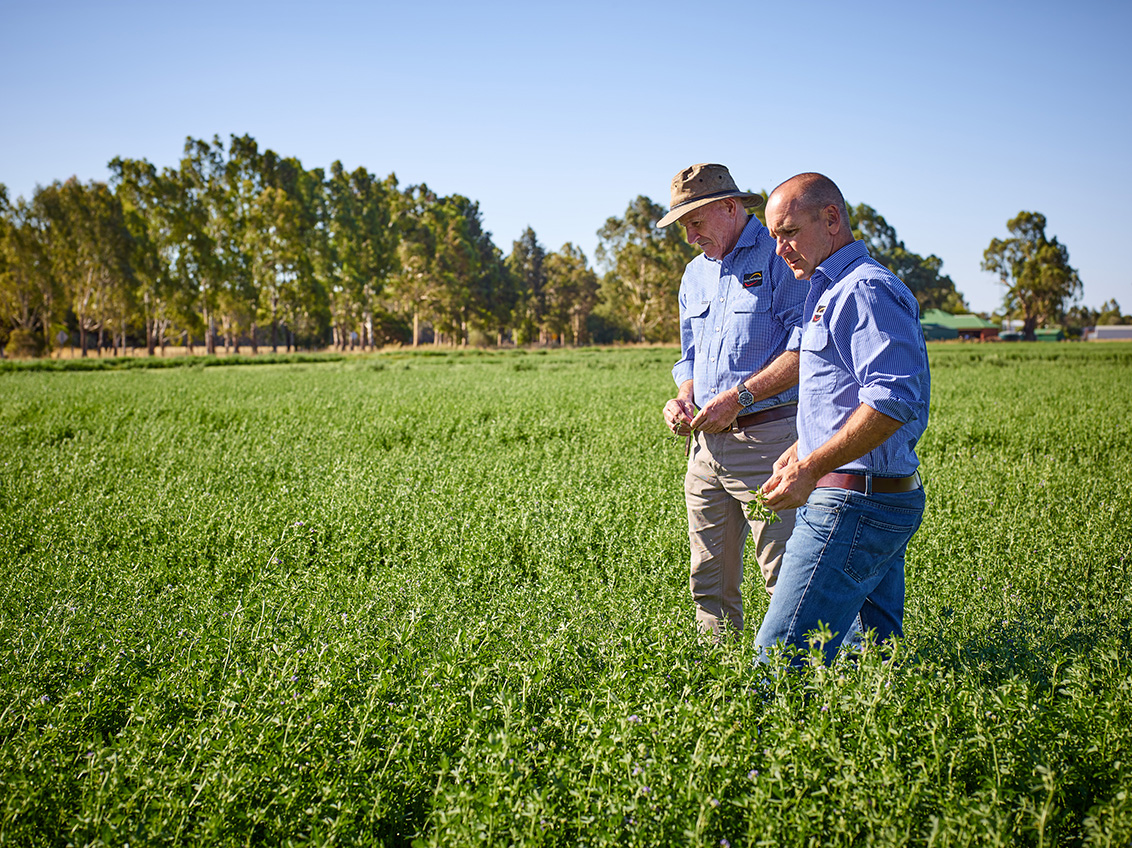
IPF Technical Agronomist – Lee Menhenett
As farmers work to keep their pastures healthy and productive this growing season, managing micronutrients becomes especially important. Among the critical nutrients for pasture legumes like lucerne and clover, molybdenum stands out for its essential role in nitrogen (N) fixation.
Molybdenum: A key player in nitrogen fixation
Molybdenum is a micronutrient that plays a crucial role in the N fixation process in legumes like lucerne and clover.
This process is essential for rhizobia bacteria attached to legume roots to convert atmospheric N into a form the plants can use for growth. A deficiency in molybdenum can lead to poor root nodulation, reducing the plant’s ability to fix N, which in turn affects overall plant health and yield.
A molybdenum deficiency can severely impair the N-fixing ability of the rhizobia, negatively impacting overall plant health and pasture productivity. Poor N-fixation can lead to lower growth rates, decreased plant densities, and weed invasion, undermining the sustainability of the pasture.
The role of leaf tissue testing
Leaf tissue testing is the most reliable method for assessing molybdenum levels in lucerne and clover.
By analysing the nutritional status of the plant itself, tissue tests provide a more accurate reflection of nutrient uptake than soil tests alone. This is particularly important for molybdenum, as tissue testing is the only way to determine sufficiency, since soil tests do not assess it.
Data from pasture tissue samples received by Nutrient Advantage Laboratory between 2019 and 2024 (Figure 1) underscores the importance of monitoring molybdenum levels, with 45% of clover samples and 44% of lucerne samples testing deficient in molybdenum.
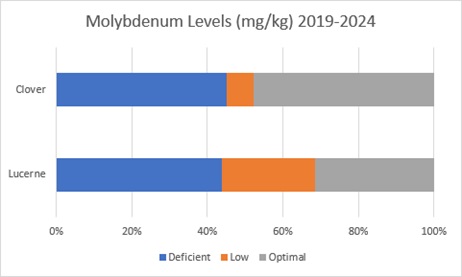
These figures highlight the widespread nature of molybdenum deficiencies in temperate pastures and the potential impact on N fixation and pasture productivity.
Addressing deficiencies
If a deficiency is detected, it can be corrected by applying 50-75 gMo/ha every 5-7 years. This application, sprayed onto granules, ensures even distribution across the paddock and helps maintain optimal molybdenum levels, supporting the N-fixing process and promoting healthy plant growth.
Taking these steps can significantly improve the health and productivity of your lucerne and clover pastures, contributing to the overall success of your farming operation.
This article is the second in a series of Agronomic Insights focussed on leaf tissue testing and trace element management. Stay tuned for more expert guidance on optimising your pasture health and productivity.
Further information
For further information, please feel free to contact me – lee.menhenett@incitecpivot.com.au or 0412 565 176.
DISCLAIMER
This is a guide only, which we hope you find useful as a general tool. While IPF has taken all reasonable care in the preparation of this guide, it should not be relied on as a substitute for tailored professional advice and IPF accepts no liability in connection with this guide. Incitec Pivot Fertilisers manufactures and sources fertilisers from other suppliers. The fertiliser supply chain extends beyond the company’s direct control, both overseas and within Australia. Incitec Pivot Fertilisers hereby expressly disclaims liability to any person, property or thing in respect of any of the consequences of anything done or omitted to be done by any person in reliance, whether wholly or in part, upon the whole or any part of the contents of this article.
You might also be interested in these
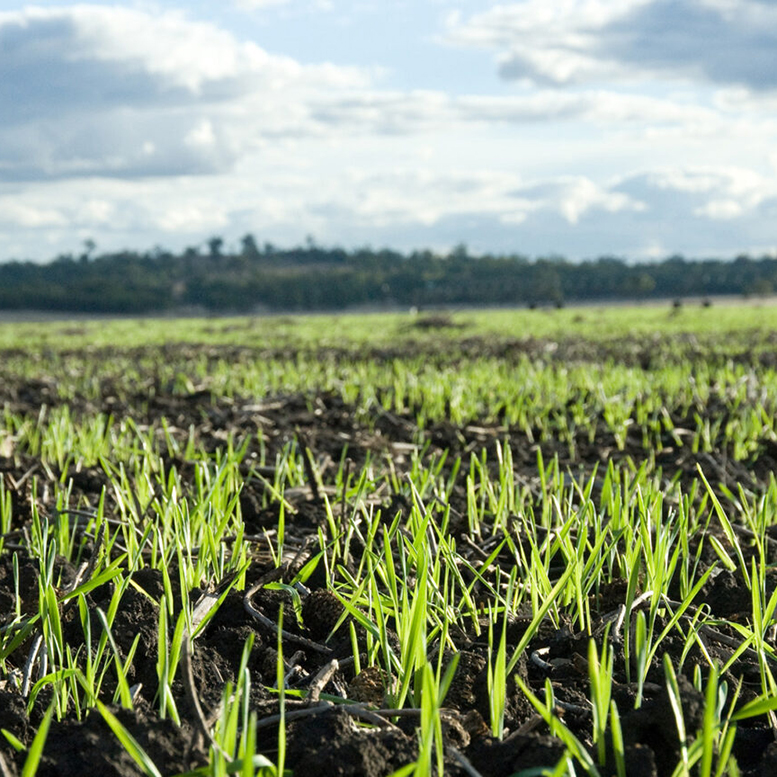
Summer Crop, Winter Crop
EASY N: Enhanced nitrogen means better productivity this season
April / 2025

Horticulture
Boost banana nitrogen efficiency
January / 2024
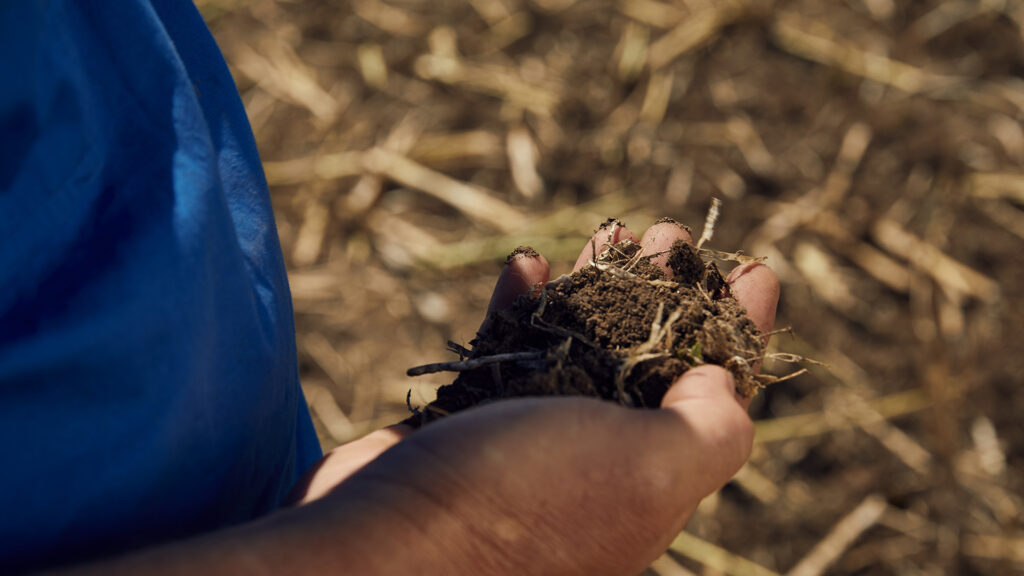
Summer Crop
Prevent nitrogen loss: Test your soil before broadcasting
February / 2025
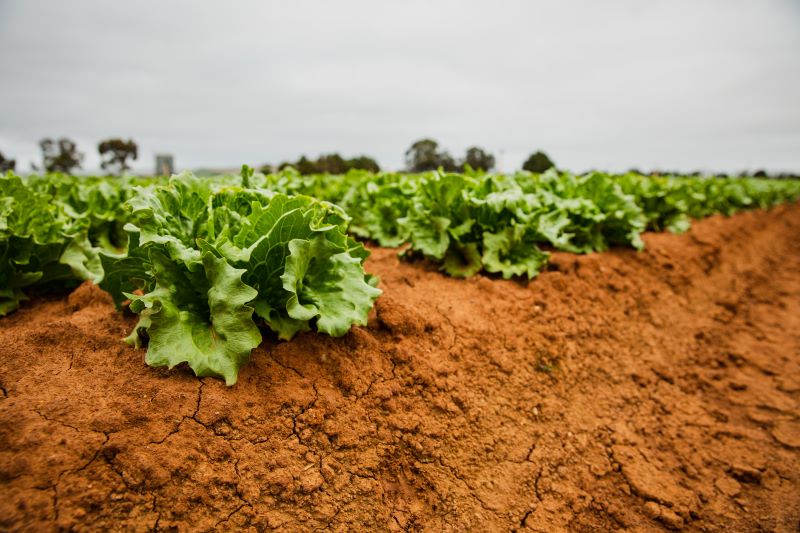
Horticulture, Pasture, Sugar
Squeezing the most from lime: Soil ‘buffer pH’ and correcting acid soils
July / 2023

